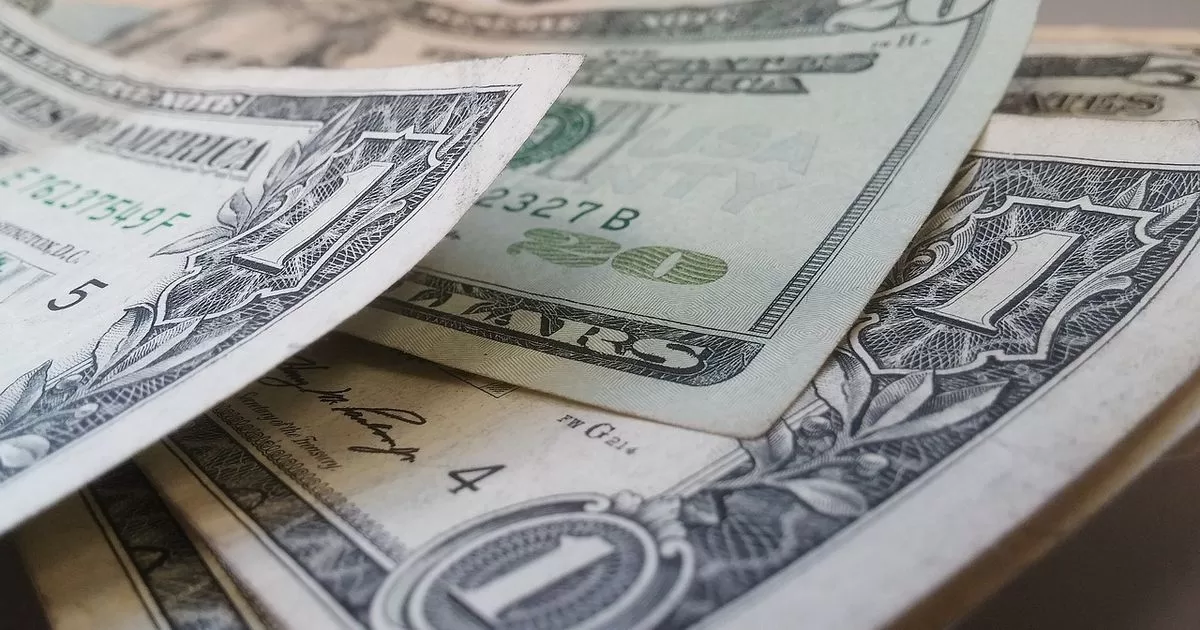When Melika Zarr thinks of her homeland Iran, many difficult memories come to mind. “My family checked me hard,” says the 30-year-old in her apartment in Berlin-Wedding. “My parents wanted me to dress in a more stereotypically feminine way. I wasn’t allowed to wear sneakers and had to go to school in high heels.” She was 13 years old at the time and went to school in Iran. She had written a love letter to a classmate – much to the dismay of her teachers and parents.
Zarr (whose real name is different) now lives in Berlin after leaving the country in 2018. She fled because she is a lesbian. To this day, this is a taboo subject in many families and in the traditional-religious class of society. According to Islamic law, same-sex sex can even be punished with death in Iran.
Some desperate victims even choose the path of gender reassignment surgery, which the state has advocated since it was officially legalized by the former revolutionary leader Ayatollah Ruhollah Khomeini.
“Because of the laws, many people don’t even realize that you can be lesbian or gay”
In conservative and strictly religious circles, being gay, lesbian or transgender is still considered a mental illness that is said to be curable. “I had a few doctor’s appointments when I was 16 for hormonal changes because I thought I was transgender,” says Zarr, sitting in her chair with her Pomeranian. “But then I met Shadi.”
What is meant is Shadi Amin. She herself is a lesbian woman who came from Iran. She is the founder of the Berlin association “6Rang”, an Iranian-led organization that campaigns for the rights of queer people. This refers to people who are not heterosexual or whose gender identity differs from the gender assigned to them at birth.
“Because of the laws in Iran, many people don’t even realize that you can also be lesbian or gay,” says Amin. So did Melika. Because in addition to tabooing homosexuality, there are laws that legalize gender reassignment – as a treatment of transsexuality.
Exclusion and stigmatization of trans people
Despite this supposed openness, many trans people suffer from social exclusion and stigmatization, says Amin. In addition, particularly queer people would suffer from the current situation in Iran.
As part of the protests against the Islamic leadership in Iran, which have been going on for three months, queer and homosexual people are campaigning for more rights. The uprising, led by women, was triggered by the death of 22-year-old Kurdish woman Jina Mahsa Amini.
She died in police custody on September 16 after being arrested for breaking Islamic dress codes. So far, two demonstrators have been executed for their involvement in the protests, and more than 20 others have been sentenced to death.
Executions ‘for decades’
“The Iranian government has not only been condemning and executing people since September, but for decades,” says Amin. In January, for example, two men were hanged for having sex. There must be protests and resistance against this, says Zarr. “People must not forget that during the current protests against the regime in Iran.”
I felt raped every time I was supposed to sleep with a man.
Melika Zarrfled Iran in 2018 – because she is a lesbian
That’s why Zarr wanted to flee. At the age of 21, on the advice of a therapist, she tried to live as a straight woman for two years. “I felt raped every time I was supposed to sleep with a man,” she says.
Two years later, she meets a woman and realizes she can no longer live a lie. She secretly allies herself with other people and tries to change the situation. Until a family member threatens to report her to the government.
Escape to Germany
“One night it got so bad I had to run away with my girlfriend and sleep somewhere else. We were scared and realized that we couldn’t stay in Iran,” says Melika. At 26, she fled to Germany with her friend and was quickly granted asylum because she was able to prove that she had been in contact with “6Rang” for a long time and was thus able to prove that she was in danger in Iran.
But not everyone was so lucky. The Berlin-Brandenburg Lesbian and Gay Association reports that many of its Iranian clients are currently very afraid of having to return to Iran if their asylum application is rejected.
The queer commissioner of the federal government, Sven Lehmann, knows the topic. When asked, he explains that admission for queer refugees has been easier since this fall because there should be “no more dubious behavioral forecasts” by which people would be judged. He supports the queer people in Iran.
“I hated everything in Iran back then and had no hope that I could have a good life,” says Zarr. That is why she has been working as an activist for several years. Even her family now supports her. “I want to help queer youth so they don’t have to go through what I did.”
To home page




